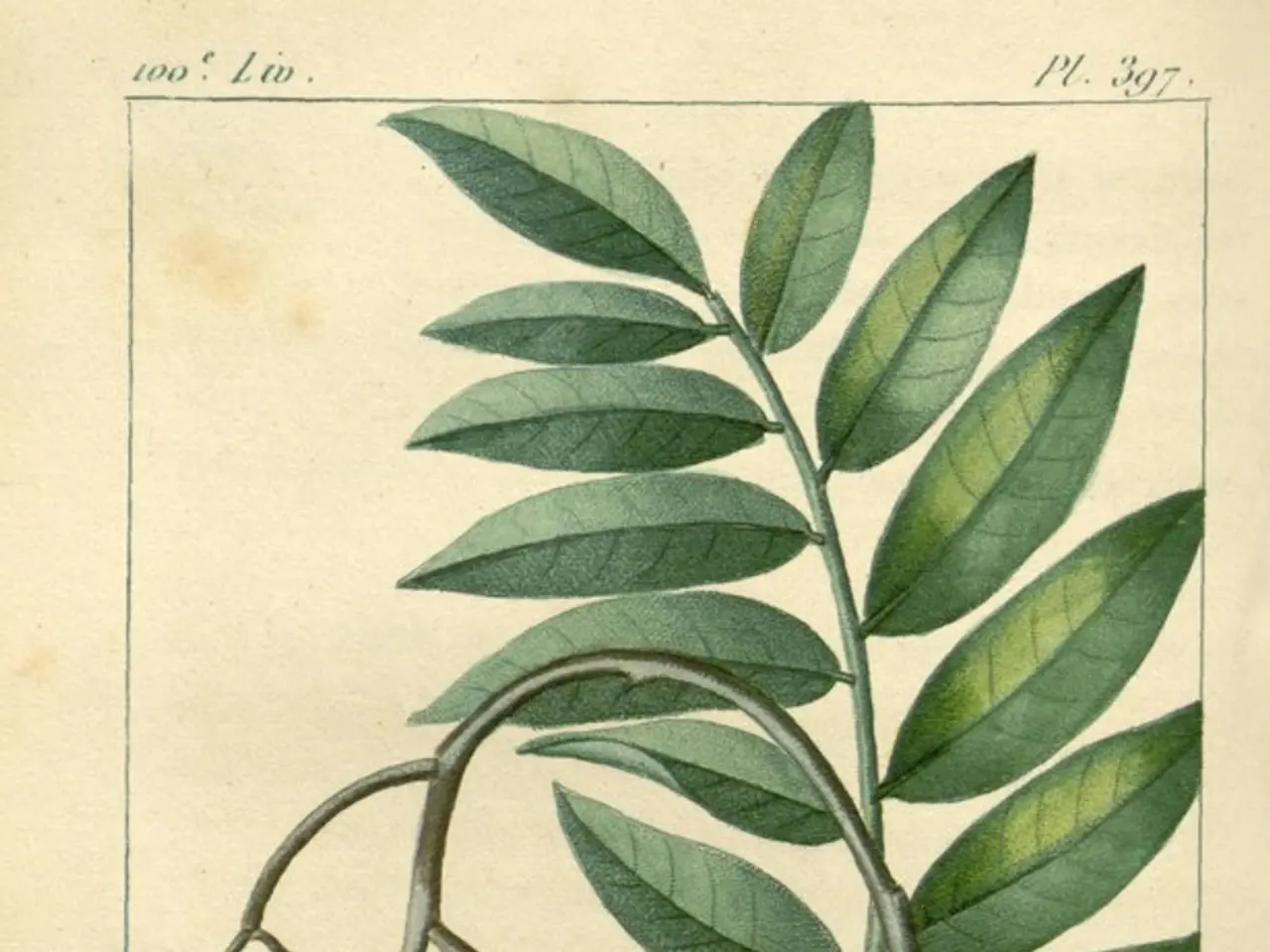Scientists from OpenAI and Retro Biosciences kick off a program aiming to extend human lifespan
In a groundbreaking venture, OpenAI and Retro Biosciences have joined forces to explore the potential of extending human lifespans by a decade through the use of artificial intelligence (AI). The collaboration focuses on the development of proteins that could reverse cellular aging, with a particular emphasis on modifying Yamanaka factors, proteins capable of transforming old skin cells into young stem cells.
Retro Biosciences, backed by a $180 million investment from OpenAI CEO Sam Altman, is leveraging custom AI models co-developed with OpenAI, including the innovative GPT-4b micro, to accelerate protein design aimed at temporarily converting regular cells into stem cells. This rejuvenation process could potentially add a decade to human life.
The role of GPT-4b micro, a specialized AI model, is integral in Retro’s AI pipeline for protein design and predictive modeling of cellular aging and rejuvenation pathways. While the exact technical details on GPT-4b micro’s implementation at Retro are not fully disclosed, it forms part of the bespoke AI toolkit co-created with OpenAI to advance longevity biotech innovations.
The approach focuses on improving stem cell production efficiency by about 50 times using AI-engineered proteins. These engineered proteins facilitate the induction of stem cells through cellular reprogramming techniques associated with Yamanaka factors—transcription factors used to reprogram cells to a pluripotent state (like stem cells). The combination of AI and biological expertise enables Retro to design proteins that optimize this process, pushing forward the frontier in anti-aging therapies.
Beyond life extension, the research aims to improve health in old age. John Hollman, an OpenAI researcher, stated that this could be a significant advancement in medicine, improving health in old age, not just extending lifespans. Both OpenAI and Retro Biosciences intend to publish the study’s findings soon.
Retro Biosciences aims to move into clinical testing phases as early as 2025 with the hope to extend human healthspan substantially by mitigating cellular aging mechanisms, including through Yamanaka factor-related approaches enhanced by AI. The partnership represents a novel convergence of generative AI and biotech targeting epigenetic reprogramming and cellular rejuvenation therapies.
The company believes these proteins could be critical for tissue regeneration, artificial organ development, and life extension. As this exciting research progresses, the potential for a healthier, longer life for many people continues to grow.
Artificial Intelligence (AI), specifically the GPT-4b micro model developed jointly by OpenAI and Retro Biosciences, is playing a significant role in the prediction and modeling of cellular aging and rejuvenation pathways, which could potentially contribute to improving health in old age and extending human lifespans.
With the development of AI-engineered proteins that aim to optimize stem cell production efficiency, this collaboration between science, medical-conditions, health-and-wellness, technology, and artificial-intelligence could lead to breakthroughs in anti-aging therapies, further advancing the frontier in both life extension and tissue regeneration.




